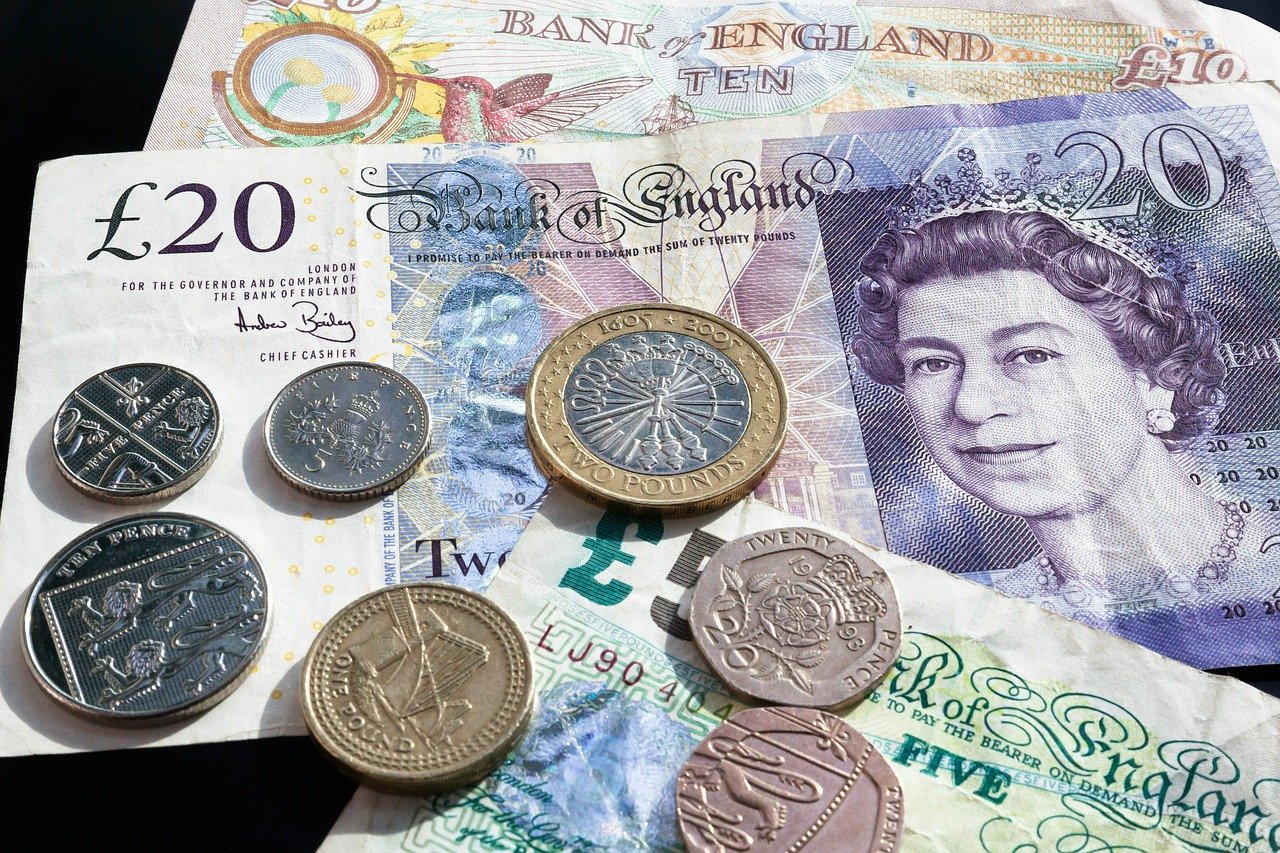Deposits are an essential part of cashflow in any service sector that is largely seasonal in nature but they are also essential in case your clients need to change their minds leaving you with unsold dates.
Yet we see many examples of a ridiculously low deposit being requested by mobile disco operators - £20 is not uncommon. In this scenario, the deposit is worthless to the business in the event of cancellation (unless the total gig price is around £60! - joke) and is considered disposable by the client in the event they are made a much lower offer. For example, if the gig is worth £250 and a £20 deposit is taken, then the client is offered a DJ for £200 they are (in their eyes) still £30 'better off' by cancelling you and booking the cheaper guy.
Our advice is to set your deposit to represent the amount that you stand to add to your bottom line as a result of the event, so that if the worst happens your business is in the same position it would have been had the event taken place. You need to break this down into recoverable and unrecoverable costs (a simple spreadsheet might help). The total of unrecoverable costs therefore dictates the deposit.
Recoverable costs include things like wear and tear on equipment, transport to/from the gig, incidentals such as refreshments and so on. Perhaps one of the biggest recoverable costs will be the income tax and NI that you won't need to pay on the proportion of earnings not received. These are things that you won't need to spend if the event doesn't go ahead.
Non-recoverable costs include a share of your fixed costs (vehicles, premises, advertising etc.), income tax and NI on the deposit amount and of course your time - that invested in securing and administering the booking plus the 'wage' that you would have received from the gig.
Let's work through an example - all figures are for illustration only and you should already know what your equivalents are...
Example - costs on a £250 gig
- nett share of van lease based on £3000/year and 100 events/year = £30 (NR)
- nett share of general costs (advertising, music subs, phone, broadband etc.) based on £1000/year and 100 events/year = £10 (NR)
- nett share of unit rental based on £50/week and 2 events/week = £25 (NR)
- income tax and NI on £250 for the gig (assumes basic rate, England, no personal allowance remains) approx 29% of £250 = £72 and of £100 = £29
- nett share of equipment wear and tear based on £1000/year at 100 events/year = £10
- transport to/from gig based on 42p/mile on a 30 mile round trip = £13
- drinks at the event = £7
- McDonalds on the way home = £5
Costs if gig went ahead: £ 172 and if gig were cancelled with a £100 deposit retained: £ 94
So, assuming the event went ahead, your £250 fee minus all costs would result in a profit of around £78. However, if the event did not go ahead, your £100 deposit minus all non-recoverable costs would result in a profit of just £6. Therefore, in this instance, your deposit ought to be somewhere around £170 to ensure that you are in the same financial position (and can feed your kids).
Now for many the thought of taking a £170 deposit on a £250 gig seems ridiculous - and many clients would probably just move on to the next quote. So you need to consider balancing the risk somewhat and look at the likelihood of refilling a date. If a client does cancel on you and forfeits their deposit, your non-recoverable costs will have been cleared by a much more palatable £100 deposit so you are free to look at the wider market and even consider taking a lower-priced event as low as £150 and still be in the same financial position. But, if you can only re-fill maybe 50% of cancelled dates, you may wish to take a more pragmatic view and look at £200 as being the minimum viable budget in that situation.
How much deposit should I charge?
Striking the right balance between protecting your business and scaring away potential clients!
Contracts Customer Contact Deposits Payments Pricing Terms & Conditions

